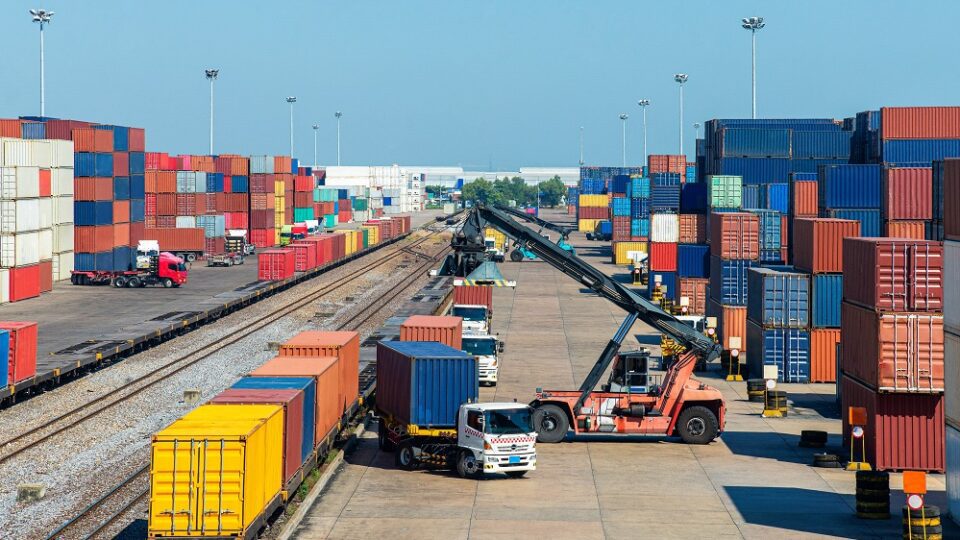The White House has created a Council on Supply Chain Resilience that will include multiple Cabinet members and other top U.S. officials working to advance government-wide strategies for improving U.S. and international supply chains. This new group is one of many actions the Biden administration is taking to help smooth out current bottlenecks and future-proof U.S. manufacturing, logistics and transportation processes.
Key elements include cross-governmental supply chain data-sharing capabilities, including:
- The Department of Commerce’s new Supply Chain Center, which will integrate industry expertise and data analytics to develop innovative supply chain risk assessment tools. The Center is building partnerships across government, industry and academia, including collaborating with the Department of Energy to do deep-dive analyses of clean energy supplies; and
- The Department of Transportation’s (DOT) Freight Logistics Optimization Works (FLOW), a public-private partnership that brings together U.S. supply chain stakeholders to create a shared picture of supply chain networks. FLOW participants already are beginning to utilize its data to inform their logistics decision-making, enabling a more resilient and globally competitive freight network with the help of earlier warnings of supply chain disruptions.
Additionally, the Department of Agriculture (USDA) is investing $196 million to strengthen domestic food supply chains and create more opportunities for farmers and entrepreneurs in 37 states and Puerto Rico. And in 2024, the Department of Commerce will convene public and private stakeholders for a Supply Chain Data and Analytics Summit.
The Department of Homeland Security (DHS) has launched a new Supply Chain Resilience Center focused on the critical infrastructure needed to deliver essential services. Near-term priorities include addressing risks from threats and vulnerabilities within U.S. ports, and in 2024, DHS will collaborate with other federal agencies and foreign governments to facilitate at least two tabletop exercises designed to test the resilience of critical cross-border supply chains.
The Department of Labor (DOL) is providing $8 million for two four-year projects to identify supply chain traceability methods and technologies to address child labor or forced labor risks in diverse supply chains, such as the cobalt and cotton sectors. The DOL also will undertake new supply chain research on mining and agriculture projects across Asia, Africa and Latin America.















